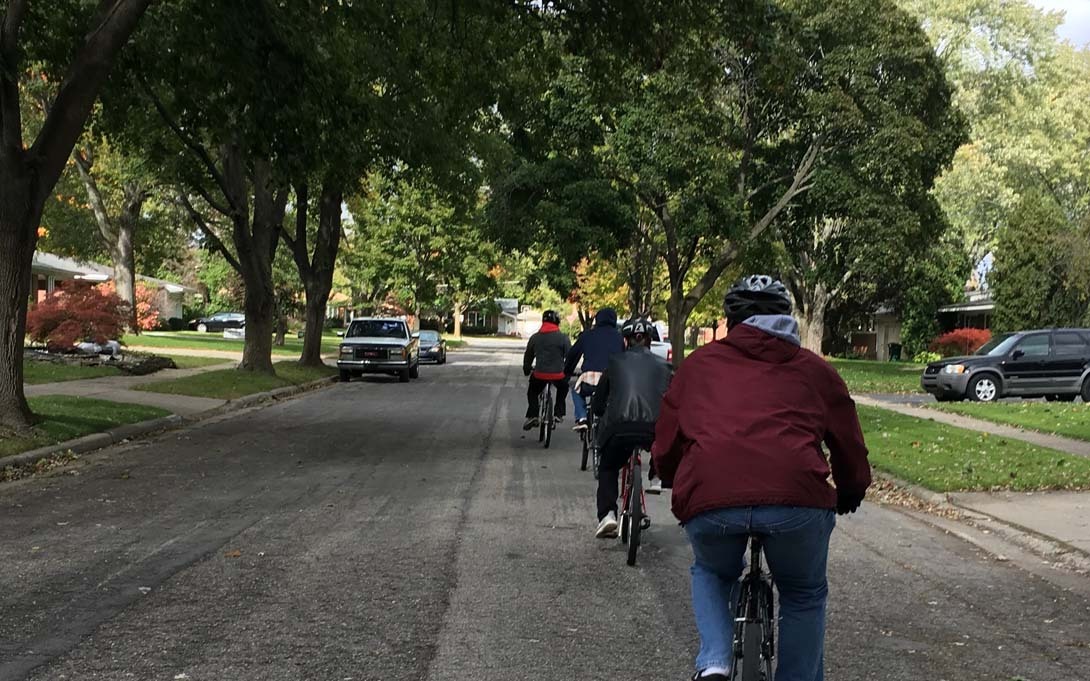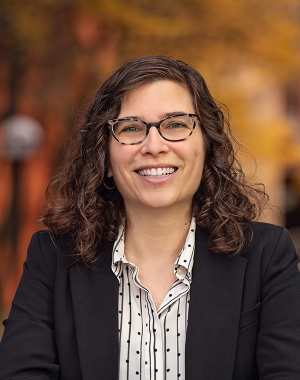
An initiative from the Ford School's Science, Technology, and Public Policy (STPP) program was among 10 global projects selected by Strava, the popular ride and run tracking app, for its inaugural Metro for Academic Researchers Program.
These initiatives were chosen from more than 200 applications for their potential to drive meaningful change in communities worldwide, leveraging Strava Metro’s data to shape the future of active transportation, infrastructure, and sustainability. Each of the selected projects will use Strava Metro’s de-identified, aggregated data to develop evidence-based solutions for improving active transportation networks. Research teams will also receive ongoing support from the Strava Metro team to gain deeper insights into travel patterns, infrastructure gaps, and community needs.
STPP will collaborate with Programs to Educate All Cyclists (PEAC), a nonprofit advocating for transportation equity for Michiganders with intellectual disabilities on the project, titled, "Nice Streets, Mean Streets: Mapping Transportation Accessibility in Southeast Michigan."
PEAC teaches students to identify safer “cognitive accessible roads” by classifying them as “mean” or “nice.” Using Strava’s data to identify popular commuting routes, PEAC students will visit these areas to assess their cognitive accessibility based on their experiences walking and biking there. These insights into high-use routes will help identify areas in need of safety upgrades. The results will assist PEAC’s advocacy efforts for improved accessibility on commonly used streets, and demonstrate PEAC students’ expertise in evaluating streets’ cognitive accessibility.
"I'm excited for this project as an opportunity to demonstrate how we, as academic researchers, can leverage existing data in creative ways to support our community partner organization's policy advocacy goals," said Olivia David, University of Michigan School of Environment and Sustainability PhD Candidate & STPP student researcher for the project.
"It's gratifying to see a company like Strava looking for impactful ways to use their huge amounts of data, and it's great that STPP will be part of this effort. Beyond supporting transportation independence for individuals with disabilities, I also hope the project will bring attention to local policy concerns around bike and pedestrian safety more generally."
